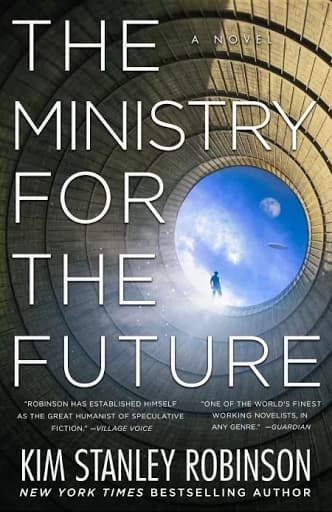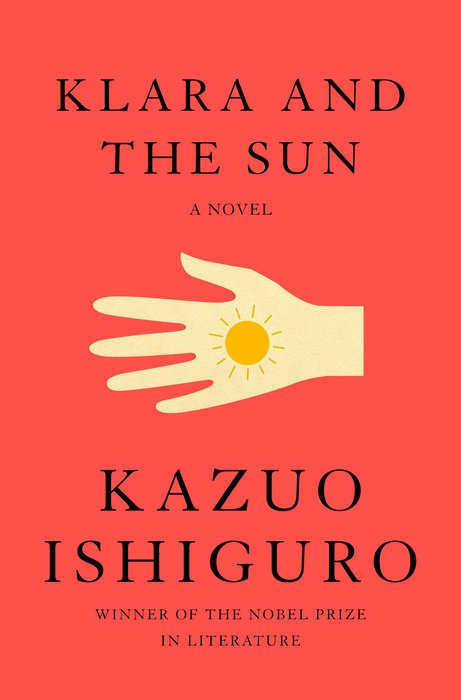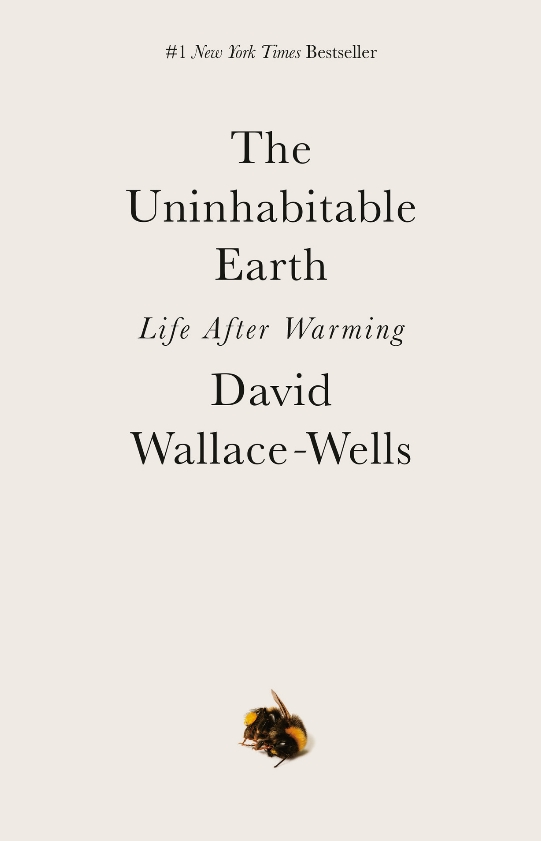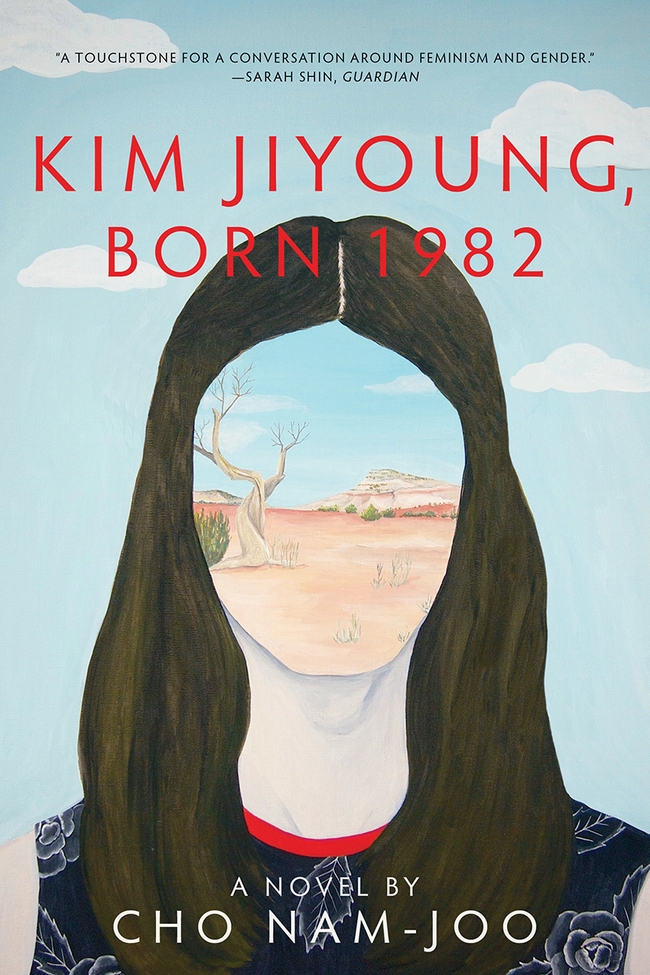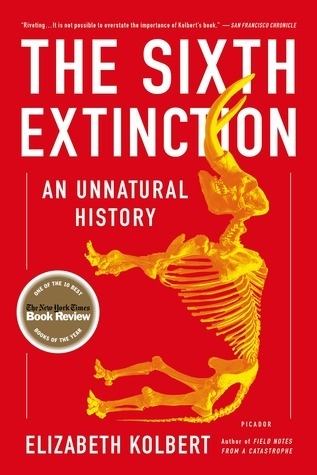My Top 5 Books of 2021
January 17, 2022 · 8 min read · readingEver since I was a kid, I’ve always loved reading. One of my fondest memories growing up is the trips my family would take to Gramedia, an Indonesian bookstore chain, on the weekends. When I lived in Singapore as a teenager, going to the Popular bookstore at Toa Payoh Station after school almost became a daily routine. Reading has always been a big part of my childhood, and after taking a dip in reading activity during my university years, 2021 for me was a year in which I truly rediscovered my joy for reading.
In total, I read 70 books, 25 of which were non-fiction, and 45 of which were fiction. According to StoryGraph, the top moods amongst all the books I read in 2021 were: reflective, emotional, adventurous, informative, and challenging, while my top genres of 2021 were: literary fiction, historical fiction, sci-fi, contemporary fiction, and science. Just over half of all those books were consumed as audiobooks, and the majority of the rest were print, with a handful of ebooks here and there.
There were so many great books I read this year, and here are the most memorable ones, in order of when I read them.
The Ministry for the Future by Kim Stanley Robinson (2020)
Admittedly, when I picked up this book I had no idea what it was about, other than that it’s fiction, and that Barack Obama highly recommended it. I was in a bit of a reading slump, and the fact that it started off a little slow didn’t help (it ended up taking me a month to finish), but I’m so glad I stuck to it because it was such an eye-opening read for me. The Ministry for the Future is an imagining of what life on earth could be like if we don’t take action to solve the climate crisis. Although it’s a fictional story, it reads almost like non-fiction as not only is it interspersed with (as far as I can tell) valid scientific arguments, but it also draws and expands on today’s political, social and economic climate. Throughout the book it touches on a variety of climate solutions including geoengineering and the introduction of a “carbon coin,” both of which are based on actual climate proposals.
I read more about the author, Kim Stanley Robinson, and discovered that he’s actually a very famous American sci-fi author. I wouldn’t quite call The Ministry for the Future a sci-fi novel though, as it doesn’t quite deal with far-off intergalactic events, and it’s also set in the not-so-distant future. I think the point of this book is to bring more awareness of the urgency of the climate movement, and it does a fantastic job at that because it strikes just the right balance between being realistic, yet imaginative enough to spur people into action. Rather than sci-fi, I think this book is better classified as climate fiction, or cli-fi for short, a genre of fiction that heavily touches on climate change.
The Ministry for the Future is not a short read, but it’s absolutely thought-provoking and worthwhile.
Klara and the Sun by Kazuo Ishiguro (2021)
This is another novel set in the future, but instead of climate change it explores the realm of artificial intelligence. In Klara and the SUn, humans have developed Artificial Friends (AFs), solar-powered humanoid robots commonly sold as companions for children. The story is narrated from the perspective of Klara, a Girl AF, and it follows her journey as she serves as a companion for Josie, a 14-year old girl.
One of my favourite things about this book was the “world-building”. I absolutely loved the way Ishiguro slowly revealed bits and pieces of this futuristic world, careful to reveal just enough to pique your interest, but not too much so that readers can fill in the gaps and interpret the story however they want.
At the root of it all, Klara and the Sun is an insightful story that explores what it means to be human. It was my first foray into both speculative fiction and Kazuo Ishiguro’s work, and it definitely won’t be my last!
The Uninhabitable Earth: Life After Warming by David Wallace-Wells (2019)
After reading The Ministry for the Future and Bill Gates’ How to Avoid a Climate Disaster earlier in the year, I decided to read more books on climate change to enhance my understanding of this deeply complex topic. Time and time again I found The Uninhabitable Earth at the top of many “must read climate change books” lists, and wow. It truly shock me to the core. If you’re looking for a primer on climate change, then this book is not for you. However, if you’re looking for an exploration of how a warmer earth could look like (at 1.5C warming vs 2C warming, and so on), then this book is perfect for you. Reading this book made me feel considerably more anxious about the state of our earth, and rightly so. Unless we take considerable action to address climate change, the earth will be uninhabitable.
I do have a couple of criticisms about the book: the first being that the language was at times difficult to understand (yes, some of the writing was beautiful, but for some other partsI really had to put on my big brain energy to be able to understand the wording), and the second being that parts of it felt a little repetitive.
Overall though, it’s a great book. It’s a book I’d recommend to anyone interested in deepening their understanding of climate change.
Kim Jiyoung, Born 1982: A Novel by Cho Nam-Joo (2016)
I know that you’re not supposed to judge a book by its cover, but yes, I did pick up Kim Jiyoung mostly because I liked the artwork... and also because it was short.
Kim Jiyoung is yet another piece of fiction that reads almost like non-fiction. The plot follows Kim Jiyoung, a “thirtysomething-year-old ‘millenial everywoman’” who is normal in every way, until she starts exhibiting strange symptoms after giving birth to her newborn daughter. We then learn of Jiyoung’s entire life story as she narrates it to her psychiatrist, interspersed with tidbits and statistics relating to gender discrimination in South Korea.
If you’re looking for some light reading, this book is not for you. I’d be very surprised if this book doesn’t make you angry.
The Sixth Extinction: An Unnatural History by Elizabeth Kolbert (2014)
This is another book I picked up this year as part of my climate change learning journey. It’s an incredibly informative and thought-provoking read, and the central argument it makes is that we are in the middle of the sixth mass extinction. Elizabeth Kolbert’s explanations are also infused with tales of her expeditions to various parts of the world as she interviews scientists in her quest to understand the earth. Throughout the book, we hear about a variety of different species, all of which have become extinct due to humans.
I think what I loved so much about Kolbert’s writing is that not only is it written in simple and understandable prose, but she’s also able to make her point without being pushy or judgemental. This is in contrast to many other science books which tend to use overly complex words and reference obscure pieces of knowledge. I think this is what makes this book so accessible to a wide audience: it’s so easy to understand.
Kolbert was awarded the 2015 Pulitzer Prize for General Non-Fiction for her work in The Sixth Extinction.
Honorable Mentions
I read so many books in 2021 and it was tough to narrow them down to just five. Here are some more amazing books I read this year that I’d highly recommend:
- Greenwood by Michael Christie. I bought this book in a small bookstore in Jasper National Park, Canada, and I must admit that what caught my attention at first was the beautiful cover. Turns out, this book is not only beautiful on the outside, but beautiful on the inside too.
- Migrations by Charlotte McConaghy. A beautiful yet haunting story that chronicles the journey of Franny Stone as she follows the last migration of the Arctic terns.
- The Mistborn Trilogy by Brandon Sanderson. I’ve heard so many people rave about Brandon Sanderson’s novels so I decided to give Mistborn: The Final Empire a try, and wow. It’s so good. Definitely one of my favorite fantasy series.
- The Midnight Library by Matt Haig. This was one of the first books I read last year and it was such a wholesome book to start the year off with!
- This Changes Everything by Naomi Klein. Another insightful and essential climate change book. It’s a little long and it’s not exactly an easy read, but very informative.
See my top books from other years: 2024, 2022.
